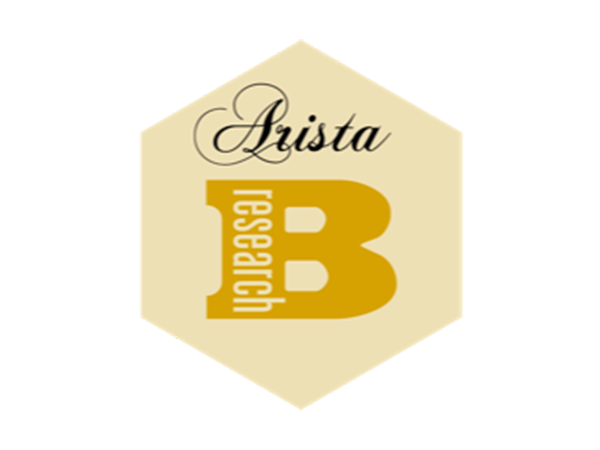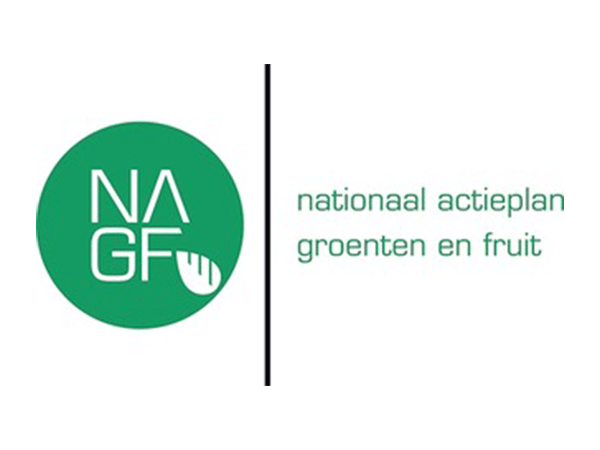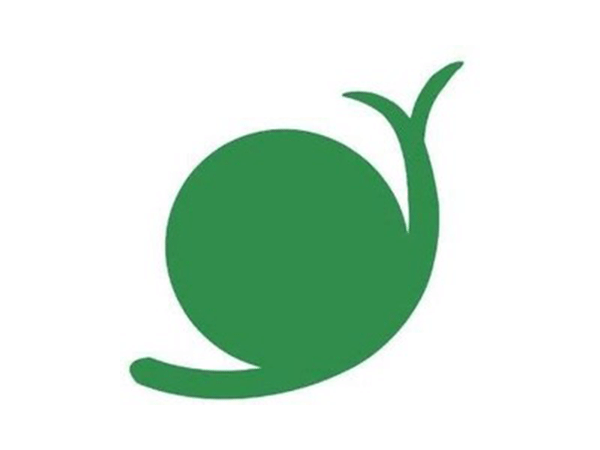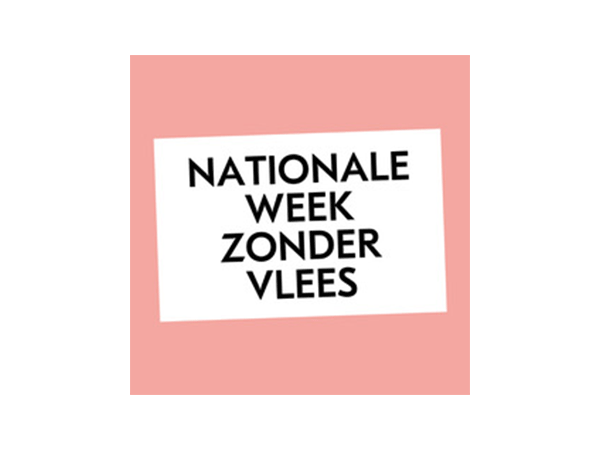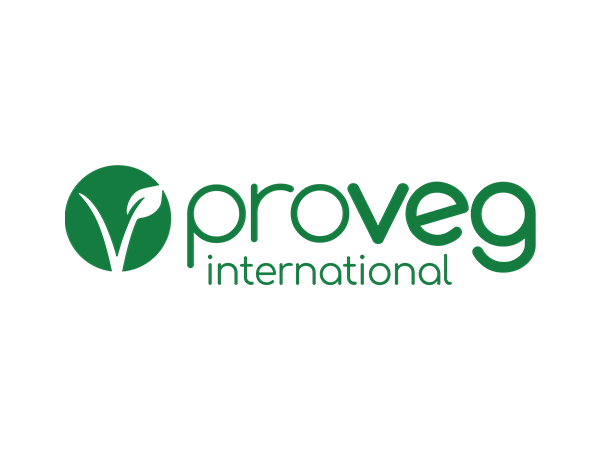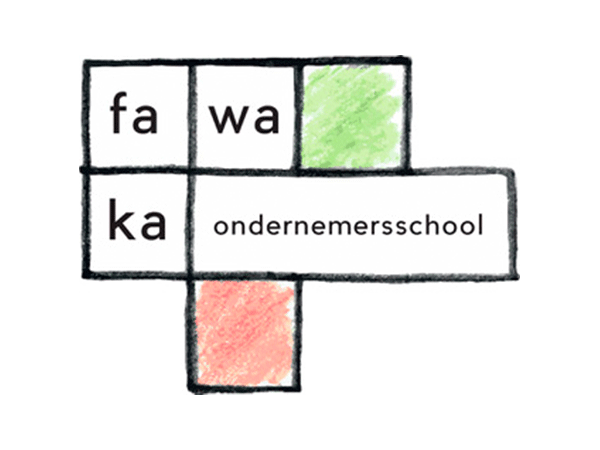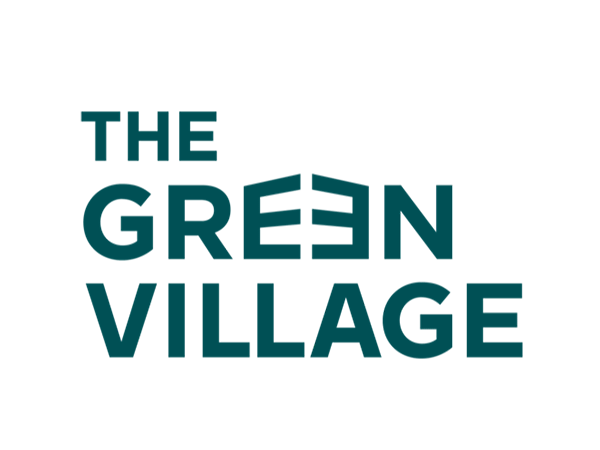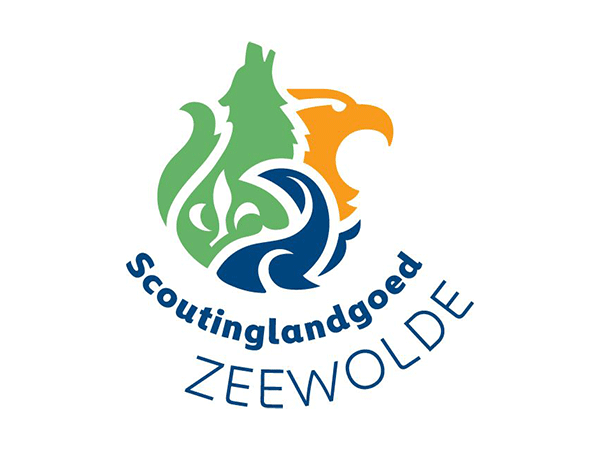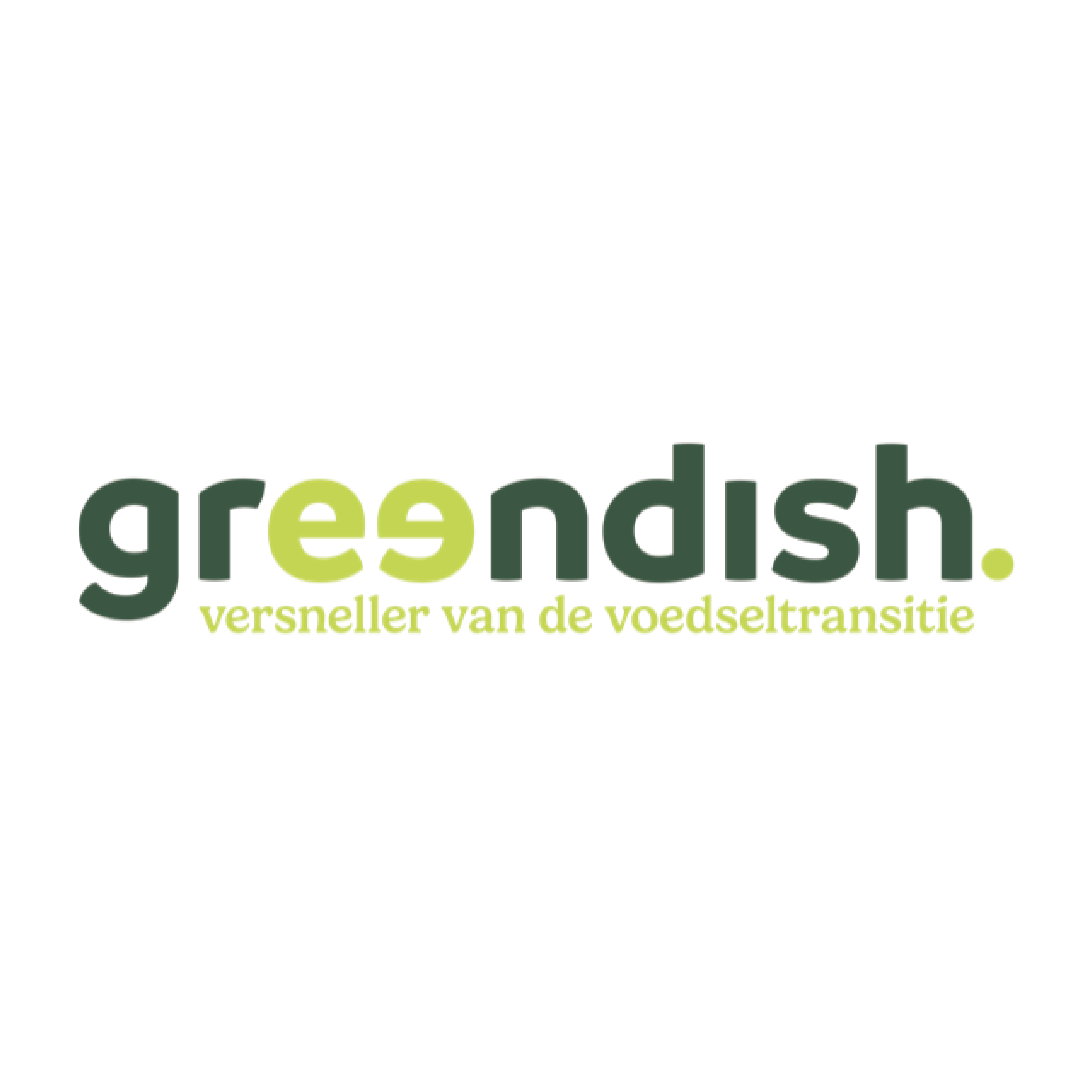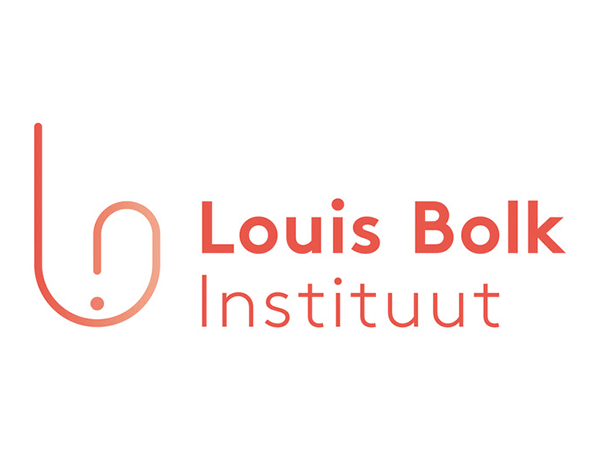Honeybees play an essential role in pollinating our food crops. The Varroa mite is the leading cause of high bee mortality and reduces the availability of bee colonies for pollination. The Arista Bee Research Foundation has shown that it is possible to breed resistant honeybees by selecting colonies that can remove Varroa themselves. In this project, a rapid test is being developed to enable the selection of resistant behavior through a simulation of Varroa infestation—without the use of the actual Varroa mite.
UN Year of Fruits & Vegetables
SFYN Global
The Slow Food Youth Network is a global movement of young people who want to make the world a better place through good food. Goeie Grutten provides multi-year organizational support to this international network, allowing them to strengthen their programming, project development, communication, and funding.
National Week Without Meat
National Week Without Meat is an annual consumer campaign in March aimed at promoting a more flexitarian eating pattern. Through supermarket promotions, billboards, and social media, the Netherlands is encouraged to go a whole week without eating meat and to permanently reduce meat consumption. The campaign raises awareness of the positive impact of reduced meat consumption and shows how delicious and easy it is to eat plant-based food.
ProVeg International Nederland
ProVeg heeft als missie: wereldwijd 50% minder consumptie van dierlijke producten in 2040. Goeie Grutten steunt ProVeg’s belangrijke (Europese) lobbywerk én de opschaling van hun Veggie Challenge, een gratis, wetenschappelijk onderbouwde 30-daagse challenge (en app) om individueel of in een groep flexitarisch, vega of plantaardig te gaan eten.
Energy Race
Fawaka Entrepreneurial School and Race Against Waste join forces. Through an exciting competition between primary schools, children are introduced to the diversity of energy sources and their advantages and disadvantages. They learn about energy guzzlers and energy saving options and get to work on energy saving in the district by selling energy boxes.
The Green Village
The Green Village is a small experimental residential area, located on TU Delft Campus. It is a rule-free “open-air lab”, focused on the built environment. With research project 24/7 Energy Lab , a local, self-sufficient and integrated CO2-free energy system is realized at The Green Village for the built environment. It combines the use, generation and storage of renewable energy sources through a smart control system.
Zoutaccu’s Scouting estate Zeewolde
At Scouting estate Zeewolde there is a sustainable accommodation building the Avonturenhuis. In the field of energy, solar panels, solar collectors and storage of energy in batteries are being used to achieve maximum energy neutrality. The youth and young people who stay on the estate can literally see and experience how energy neutrality can be achieved. Good Grutten makes the purchase of the salt batteries possible.
Greendish
The Gelderland van Morgen project supports entrepreneurs in the hospitality, healthcare and catering sectors in making the food supply more sustainable. The focus is on eating more plant-based food and wasting less food. Within a consortium of more than 36 partners, Greendish is taking up the challenge: in the hospitality, catering and healthcare sector, ‘greening’ more than 10 million plates and wasting 15 to 25% less food. This should result in a CO2 reduction of 30-40%.
Louis Bolk Institute
The project “Children, climate and healthy eating behaviour” investigates whether primary schools can combine the greening of their schoolyard with the provision of food education. In addition, it will be investigated whether the combination of these activities leads to both positive effects on the climate and biodiversity in the schoolyard and the eating behaviour of children.

